The HBO series “The Last of Us” has occupied a firm position in my weekly routine. Every Sunday, after a long day of catching up on all assignments I left for the last minute, I prepare myself for 45 minutes of zombie apocalypse wonderland.
Every time I watch the show, I can’t help but feel the show has an underlying conservative storyline. While some might view the show as liberal — especially given Episode 3’s focus on a beautifully romantic storyline between two men — the show is also founded on conservative ideals.
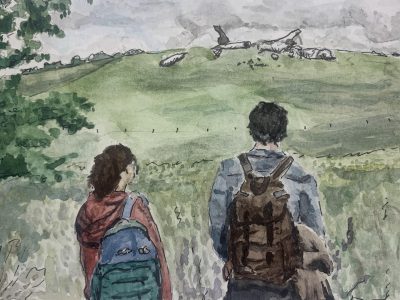
After a global fungal infection destroys civilization and transforms victims into zombie-like creatures, the survivors are forced to adapt to a new lifestyle and fight for their lives. While some are rounded up by a government entity (FEDRA) that embodies an antagonistic role as they take on dictatorial rulership in their controlled quarantine zones, others choose to take their lives into their own hands.
Within this dystopian landscape, we meet Joel Miller (Pedro Pascal), a single father tasked to protect 14-year-old Ellie Williams (Bella Ramsey), whose immunity to the infection might be the key to creating a new vaccine.
I believe what makes the show take on a conservative angle is the suggestion that a health crisis that demands government management can lead to fascism. It wasn’t long ago that we were battling our own battles with the COVID-19 pandemic and were guided by government decrees to manage the spread of the virus.
But “The Last of Us” doesn’t display an understanding and humane government but rather a brutal one. Public executions, mass shootings and inhuman rules characterize the new government system, meaning it is up to the characters to protect themselves.
Some characters embody a conservative mindset. For instance, Episode 3 introduces Bill (Nick Offerman), an overthinking prepper who had been preparing for a total apocalypse all his life. After seeing his neighbors dragged into quarantine, Bill hides from the agents – a smart move, given his neighbors would end up in a mass grave minutes later.
Bill later raids the firearm, hardware and liquor stores and prepares for a comfortable lonely life safely isolated from anyone else. Bill thrived in his created autarky as he lived a long and happy life next to his partner Frank — who shows up later in the episode. Because of Bill’s anti-governmental stance and suspicion, his ability with weapons and his practical skills, he can maintain his protective shelter.
And we can’t ignore Bill’s basement lair, filled to the brim with surveillance equipment and weapons to protect his man-made fortress. Total self-sufficiency with a lack of government control.
While it is difficult to see, the dystopian genre follows conservative values, enhancing them and presenting them as the only viable path to survival. Government collapse is succeeded by citizens mastering marksmanship and immersing themselves into nature as they leave the societal structure.
In the genre, government norms prove futile as citizens take on control of their safety, by arming themselves to the teeth and bending government mores. Take “The Walking Dead,” a show that takes on a similar approach and features government brutality after a global pandemic and a resort to weapons and self-preservation tactics.
But it’s not to say I don’t enjoy the show. I love the show and enjoy the post-apocalyptic genre, finding it thrilling and interesting. Even my series recommendation lists are filled with TV shows and movies within a similar genre.
But we still have to admit that “The Last of Us,” as many shows that follow the genre, do uphold conservative ideals that some, especially critics, tend to ignore. Some conservative viewers, for example, were infuriated with the LGBTQ+ angle of Episode 3 but failed to notice the overarching theme did nothing but uphold their values.
The argument can also take on the other angle, suggesting how liberals find themselves rooting for a beautiful couple with an affinity for hoarding guns and detaching themselves from societal norms (even though the series makes this out to be the intelligent response given the fascist government). That’s the interesting quality of this genre — it unknowingly blurs political lines and simply connects viewers with an equal affinity for the dystopian story.
























































































































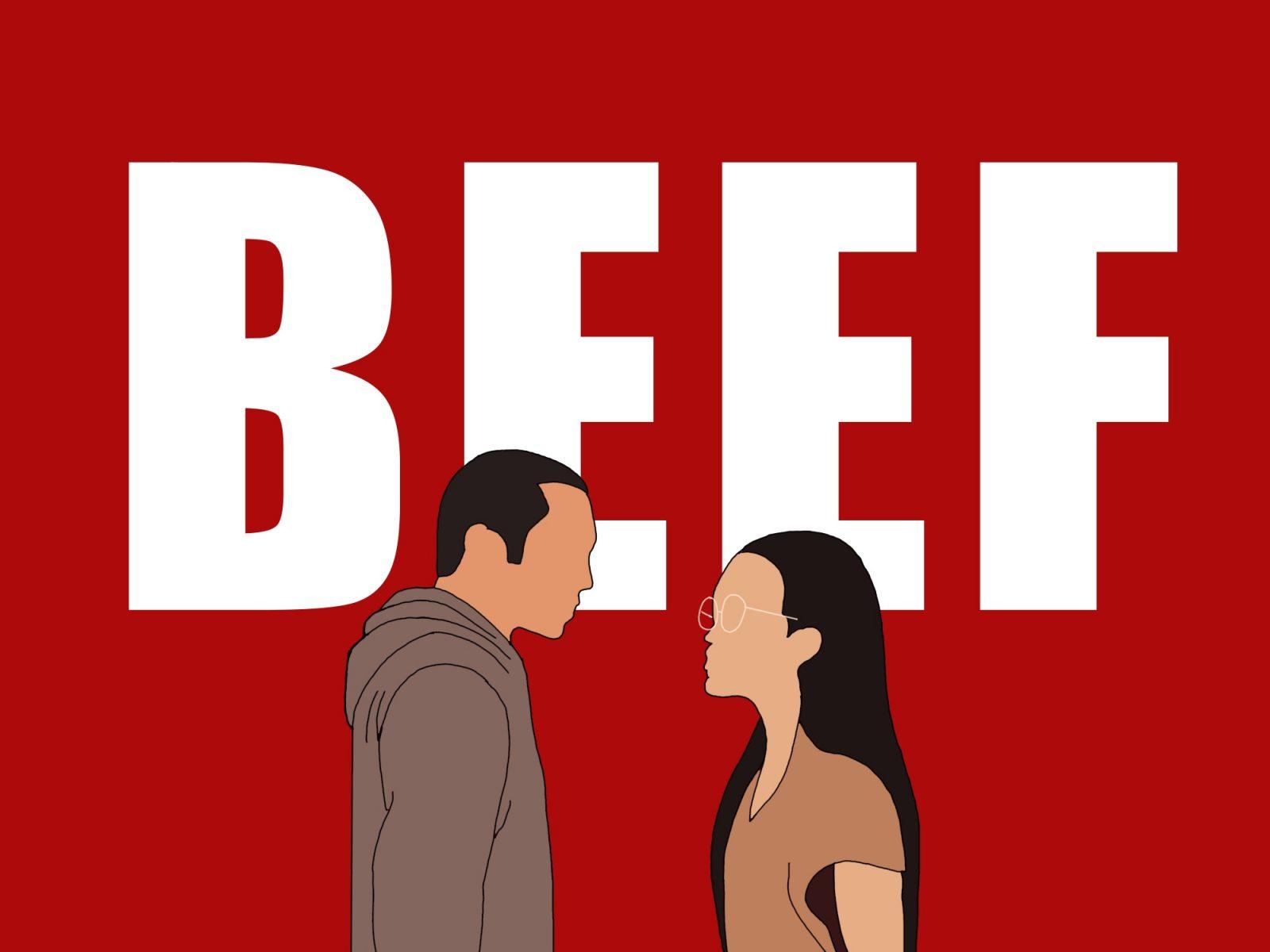
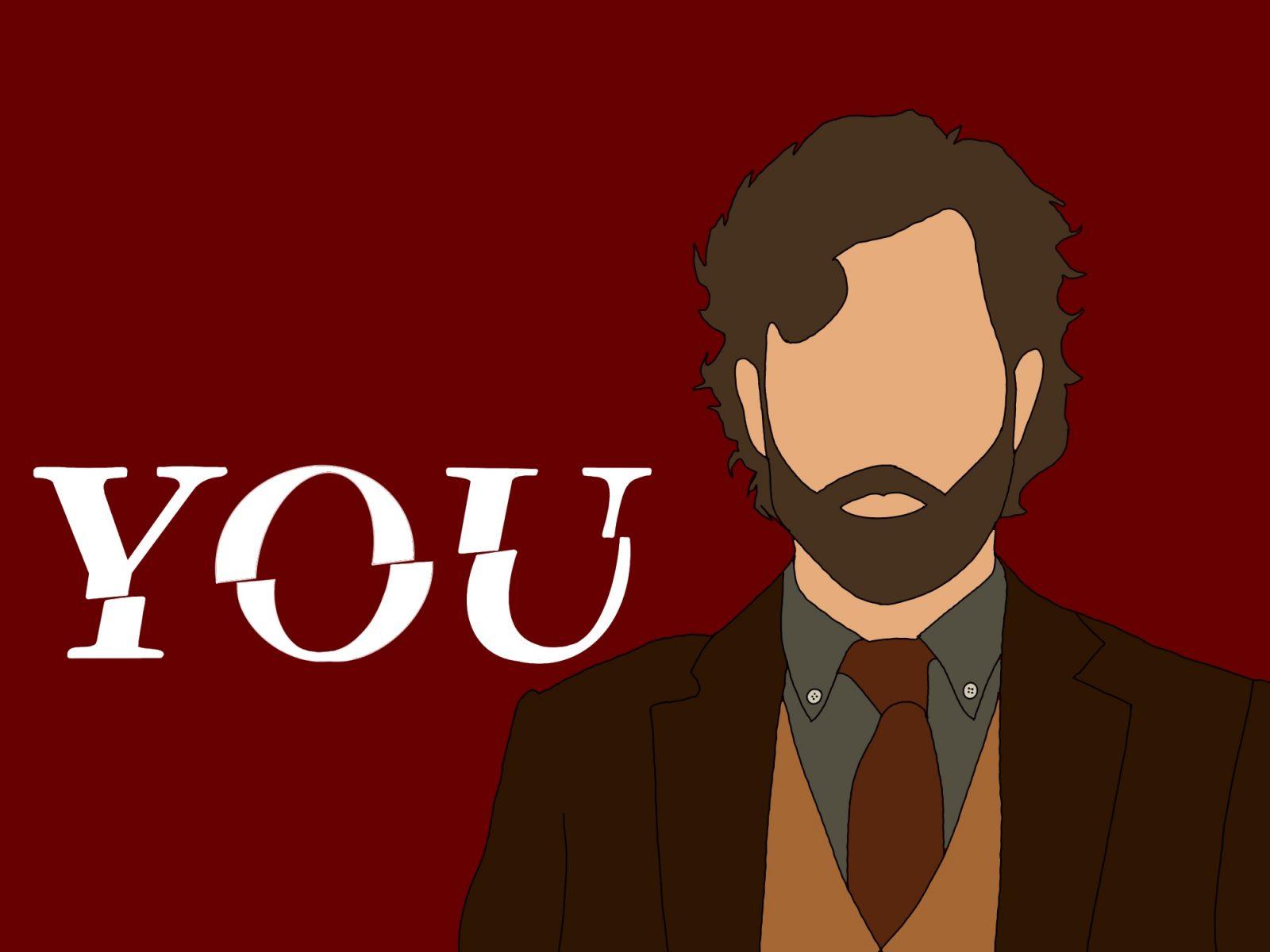

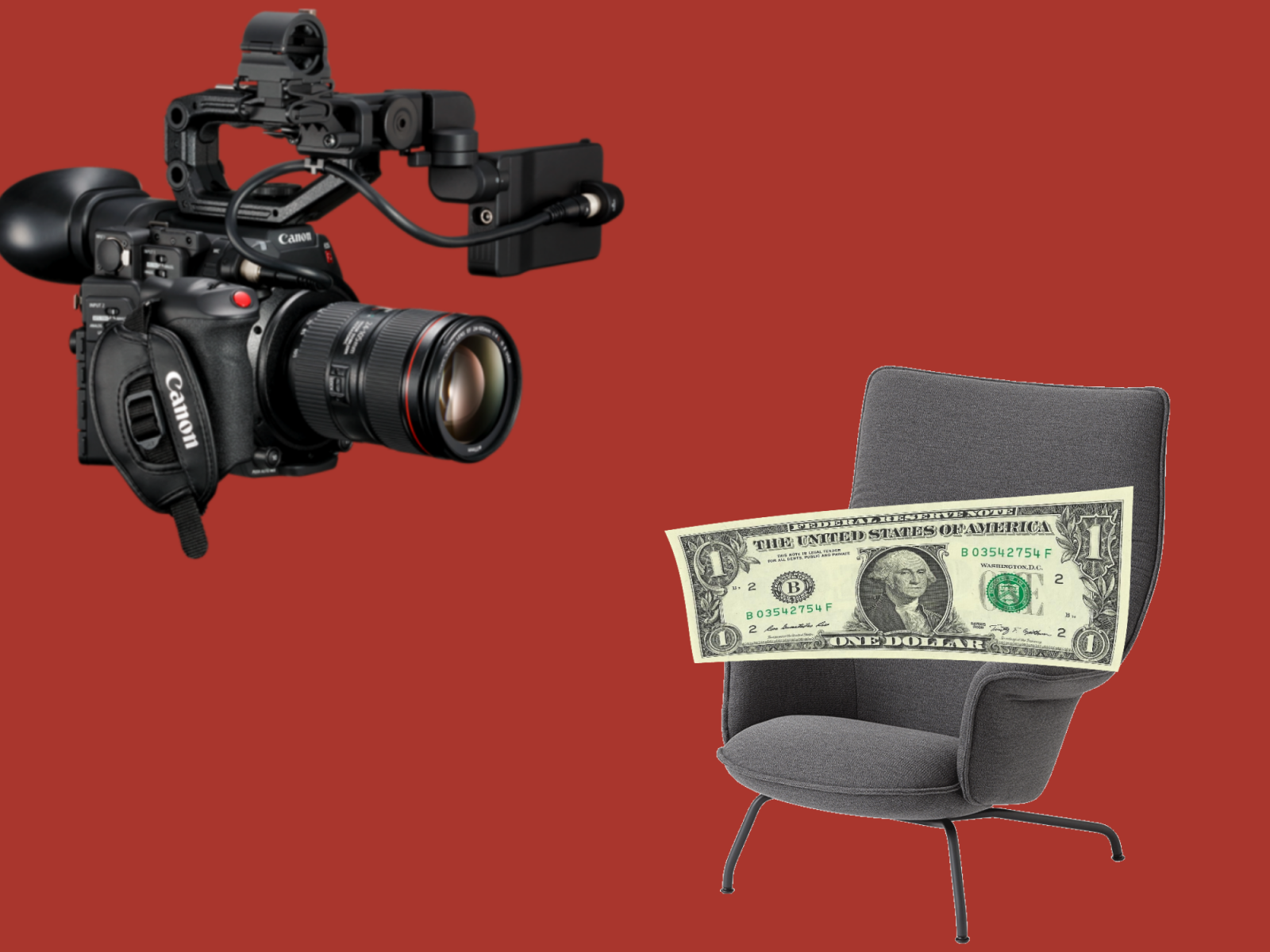

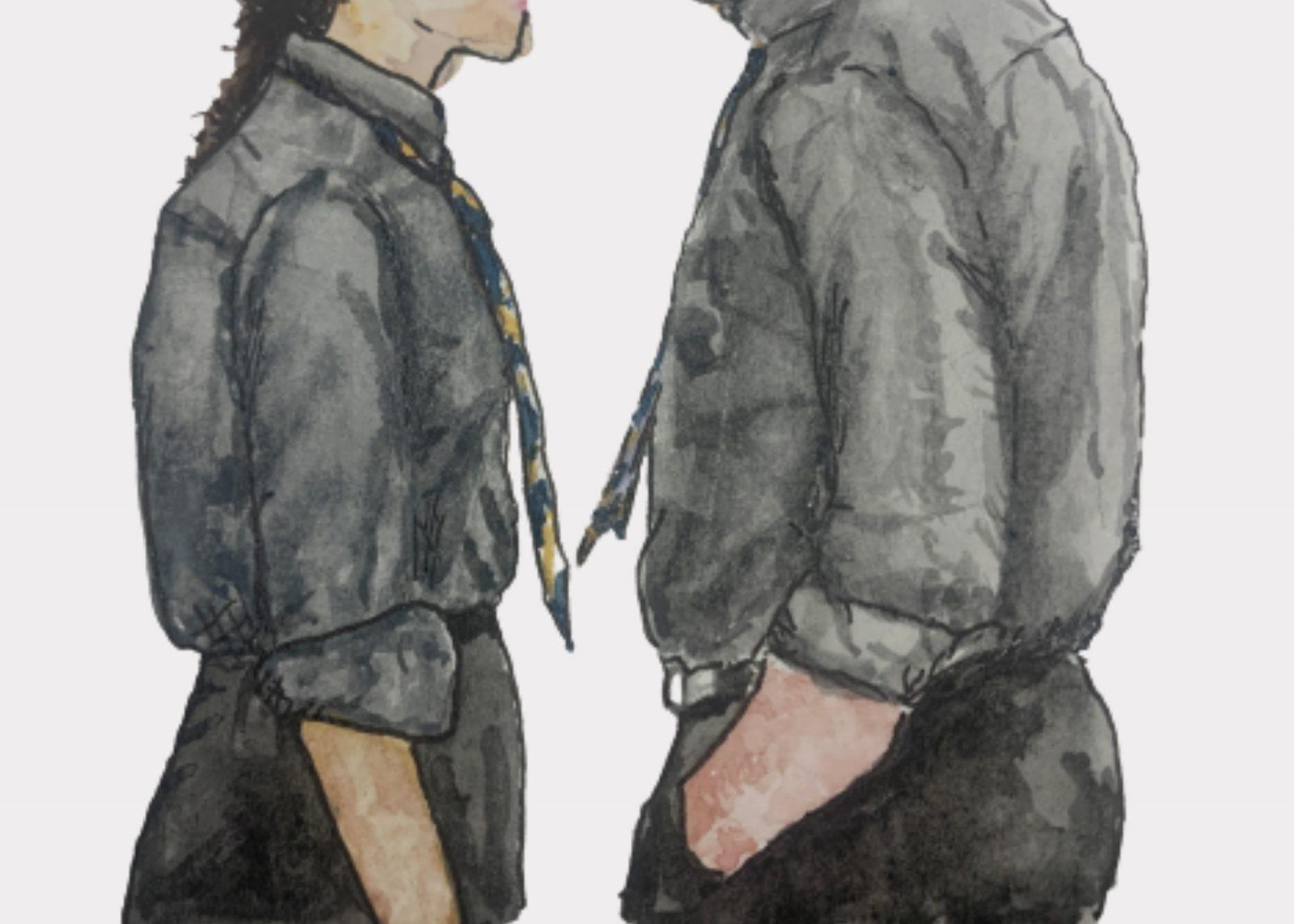
Kim Cary • Feb 23, 2023 at 6:19 pm
Great points and you’ve poked the sleeping bear of my conscience. I will add that Offerman’s character has a “Don’t Tread on Me” flag in his basement man cave, which is no longer merely a dog whistle to the conservative right. Additionally, in the utopia of Jackson, their social structure is distastefully tagged “communism” by Joel, who’s brother tries to deny it before being corrected by his wife.
tmac • Feb 23, 2023 at 3:17 pm
Good writeup. I love the show and what you say is on point. I hadn’t really thought of it that way. For me, it is much about fear and panic. There has to be a bad guy in the movie and that is usually placed on government entities. It’s our own fear of losing control. How do I find your Series list?